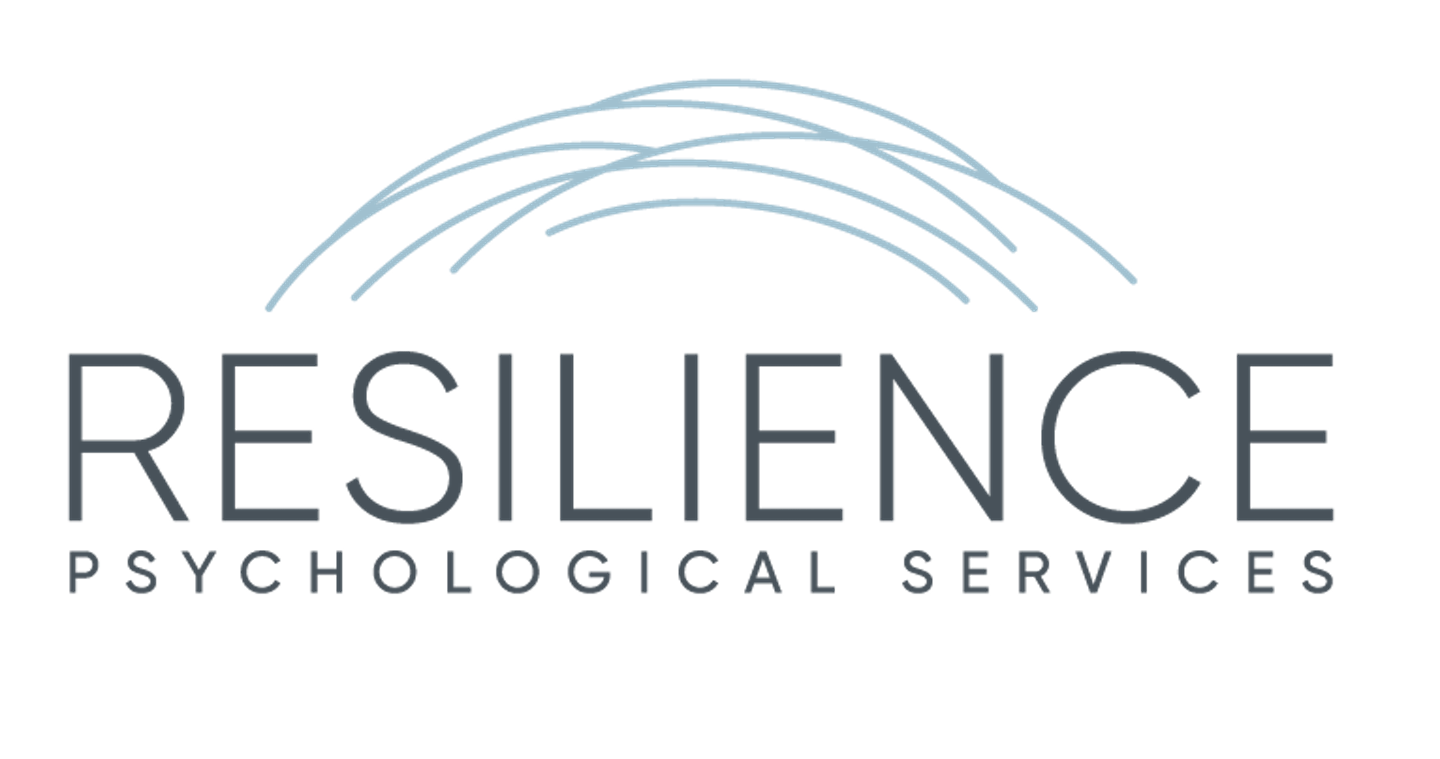DISABILITY JUSTICE
Disability Justice is a movement and framework that advocates for the rights, dignity, and full inclusion of people with disabilities. Recognizing that ableism—the systemic oppression of disabled people—exists alongside other forms of oppression, disability justice calls for an intersectional approach that acknowledges how race, class, gender, and sexuality shape each person’s experience of disability.
This movement is not only about ensuring access and accommodations but also about celebrating the inherent worth of disabled people and challenging the stigmatization of disability. Disability justice centers the voices, needs, and leadership of those most impacted by systemic exclusion, particularly disabled people of color, queer and trans disabled individuals, and those from other marginalized groups.
DISABILITY JUSTICE IN Therapy
In therapy, a disability justice approach involves working with clients to dismantle internalized ableism, foster self-acceptance, and create a space where clients feel empowered to define their own experiences. This approach goes beyond simply accommodating disabilities and works to affirm the wholeness and humanity of disabled clients. Disability justice-informed therapy recognizes that ableism affects mental health and that healing is not just an individual process but also a collective one that calls for societal change.
Therapists with a disability justice lens support clients in navigating both the emotional impact of ableism and the practical challenges it creates, including barriers to healthcare, employment discrimination, and isolation. This approach seeks to create a therapeutic space that is accessible, affirming, and guided by each client’s unique needs and experiences.
Key Principles
Access and Inclusion: Therapy should be a space that actively removes barriers, whether physical, cultural, or procedural. Therapists work with clients to ensure that the therapeutic space and process are accessible, respectful, and adaptable to each person’s needs.
Empowerment and Self-Definition: Disability justice honors each client’s right to define their own experience of disability and recognizes that these experiences are valid, valuable, and worthy of respect. Therapy focuses on empowering clients to embrace their identity fully, challenging societal norms that devalue disability.
Challenging Ableism: Disability justice-oriented therapy addresses the ways that ableism shows up in society and within individuals’ lives. Therapy becomes a space to unpack internalized ableism, challenge stigmatizing beliefs, and work toward self-acceptance and pride.
Interdependence and Community: Recognizing the importance of support networks, this approach values interdependence over independence and celebrates the power of community in healing and resilience. Therapists encourage clients to connect with others and find collective strength in community.
Intersectional Perspective: Disability justice therapy acknowledges that people with disabilities face unique challenges that are often compounded by race, gender, sexuality, and class. This perspective ensures that clients’ identities are honored as a whole, with therapy addressing all facets of their experiences.
How We Can Help
At Resilience, we are committed to creating an inclusive, disability-affirming therapeutic space that honors your identity and supports you on your journey to empowerment, acceptance, and healing. Our disability justice-informed therapy focuses on:
Accessible and Adaptable Care: We work with you to ensure that therapy is as accessible as possible, whether that means accommodating specific physical or sensory needs, adjusting communication methods, or creating a space that is comfortable and respectful.
Affirming Identity and Self-Worth: Therapy should be a space where you feel empowered to embrace your identity, free from judgment. We support you in exploring what disability means to you, unpacking societal biases, and cultivating self-acceptance and pride.
Support for Navigating Ableism and Discrimination: We provide a compassionate space to process and challenge experiences of ableism, discrimination, and exclusion. Together, we work to build resilience and empower you to advocate for your rights and well-being.
Community Connection and Resources: Therapy includes connecting you with resources and communities that affirm and support your experiences, helping you to build meaningful connections and find strength in collective solidarity.
What to Expect
Barrier-Free Support: Disability justice therapy is about honoring your comfort and needs in every aspect of care. We ensure that therapy is adaptable to you, providing a space where you can participate fully without unnecessary obstacles or assumptions.
Celebration of Disability Culture: We recognize disability as a vital and valued aspect of identity and support you in exploring this with pride and openness. This includes embracing and affirming disability culture, which is rich, diverse, and a source of strength.
Anti-Ableist Advocacy: Many of our therapists are committed to advocating for systemic change, both within and beyond mental health spaces. Disability justice therapy involves not only support but also challenging societal structures that marginalize disabled people, promoting accessibility and inclusion.
Holistic, Intersectional Care: We recognize that disability is just one part of your identity. Our approach embraces all facets of who you are, considering how your unique intersections shape your experiences, needs, and strengths.
At its core, a disability justice approach to therapy is about honoring dignity, agency, and worth. Therapy is more than a space to “cope” with the impacts of ableism; it is a space to celebrate who you are, to dismantle the societal narratives that devalue disability, and to reclaim your voice and identity on your own terms.
Whether you are navigating ableism, exploring your identity, or looking for a space that respects and uplifts your experiences, we are here to support you in creating a life that values your full humanity.

